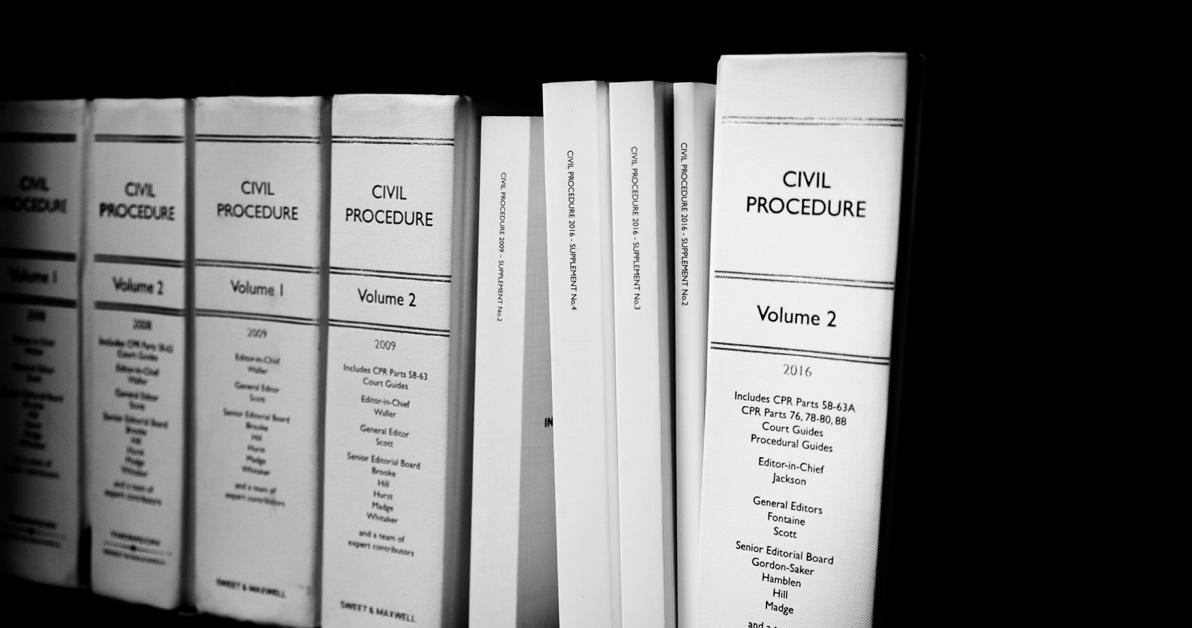
The Court of Justice’s decision in the revocation action against Ferrari’s TESTAROSSA trade marks (a copy of which can be found here) has clarified what constitutes “genuine use”. This is good news for owners of legacy brands, particularly where they have ceased to offer new products for sale under a particular mark.
Background
Ferrari is the proprietor of an international registration for  covering (among other things) motor vehicles and parts. It also holds a German national registration for the same mark, with a similar specification. The applicant had applied to the Regional Court in Düsseldorf for an order revoking Ferrari’s trade marks on the grounds that they had not been put to genuine use in Germany or Switzerland for a period of five years, and was successful. Ferrari appealed that decision to the Higher Regional Court in Düsseldorf, and the German court referred the case to the Court of Justice for a preliminary ruling.
covering (among other things) motor vehicles and parts. It also holds a German national registration for the same mark, with a similar specification. The applicant had applied to the Regional Court in Düsseldorf for an order revoking Ferrari’s trade marks on the grounds that they had not been put to genuine use in Germany or Switzerland for a period of five years, and was successful. Ferrari appealed that decision to the Higher Regional Court in Düsseldorf, and the German court referred the case to the Court of Justice for a preliminary ruling.
Ferrari had not sold any new vehicles under the marks at issue since 1996. It had sold a one-off model inspired by the Testarossa line in 2014, and had turned over approximately €17,000 in replacement parts between 2011 and 2016. Ferrari had also sold approved used models from the original Testarossa line and offered maintenance services for them during that period.
Issues
The referring court asked the CJEU for a preliminary ruling on a number of issues, the most significant of which were:
1) Is use of a mark in relation to “high-priced luxury sports cars and parts thereof” sufficient to maintain a registration for “land vehicles, in particular motor cars and parts thereof”?
2) Does the sale of approved used cars under the mark by Ferrari constitute genuine use of the mark for cars?
3) Does the sale of Testarossa replacement parts constitute genuine use of the mark for cars?
4) Does offering services intended for Testarossa vehicles (e.g. maintenance services) constitute genuine use of the mark for cars?
Decision
Luxury sports cars and used cars
The CJEU answered all of these questions in the affirmative, with some qualifications. It confirmed that price and the designation “luxury” were not sufficient to create an independent subcategory of vehicles, and that sports cars have a number of uses, many of which overlap with other cars, so genuine use of the mark in relation to “high-priced luxury sports cars” was sufficient to show use for and maintain the broad term “land vehicles, in particular motor cars”. Likewise, the sale by Ferrari of used cars under the TESTAROSSA mark constituted genuine use of the mark for cars.
Replacement parts
Perhaps less intuitive was the decision that the sale of replacement Testarossa parts under the mark and repair and maintenance services for Testarossa cars could constitute genuine use of the mark for cars. The key factor was whether the replacement parts formed “an integral part of the goods covered” by the trade mark registration. The Court said that it was immaterial that replacement parts were themselves covered by the registration.
Maintenance services
As for repair and maintenance services, these would constitute genuine use of the mark for cars if they were “directly connected with the [cars] previously sold and intended to meet the needs of customers of those goods”. However, this was subject to the condition that the services were themselves sold under the mark. If not, this would not constitute genuine use of the mark.
Comment
Although the case will now return to the referring court for a final decision, the CJEU’s ruling is good news for prestige brands looking to preserve their monopoly rights over the branding of discontinued product lines.
The requirement to show genuine use remains, and (if challenged) they will have the burden of proving that their use is not merely “token”. However, this threshold can in principle be met without restarting the production of their core goods.
Send us your thoughts:
Would you like to read more articles like this?
Building 1000
Cambridge Research Park
CB25 9PD
Fax. 01223 425258
info@iamstobbs.com
Privacy policy
German office legal notice
Cookie Declaration
Complaints Policy
Copyright © 2022 Stobbs IP
Registered Office: Building 1000, Cambridge Research Park, Cambridge, CB25 9PD.
VAT Number 155 4670 01.
Stobbs (IP) Limited and its directors and employees who are registered UK trade mark attorneys are regulated by IPReg www.ipreg.org.uk



